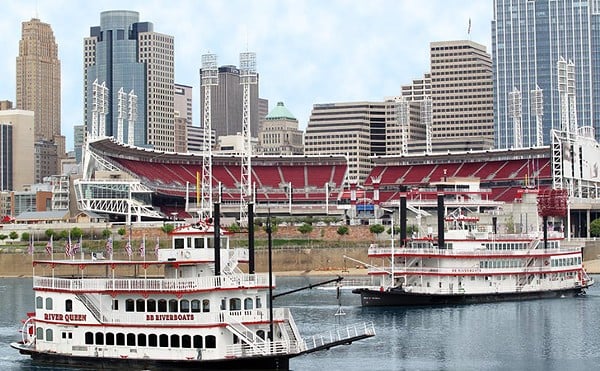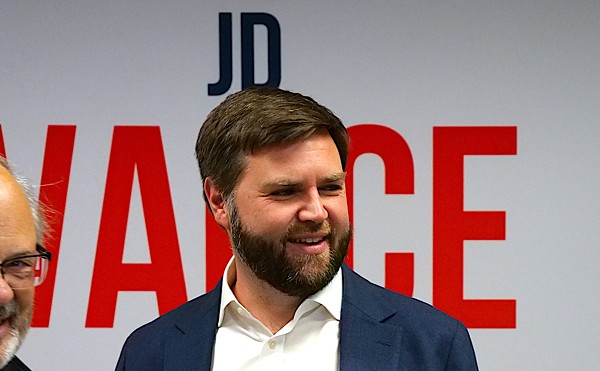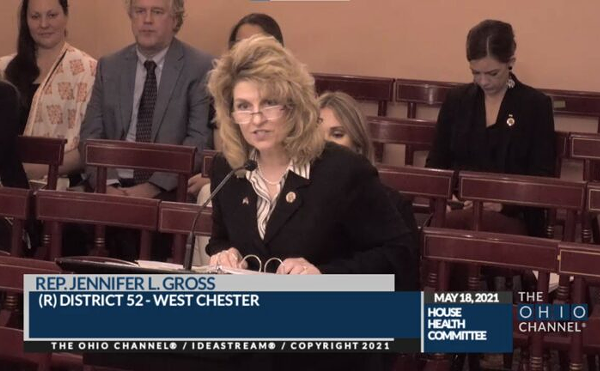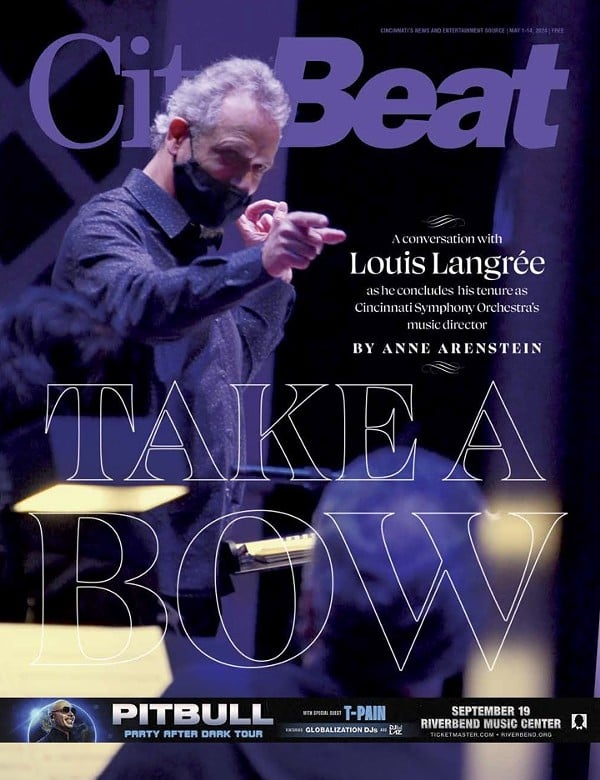Councilman P.G. Sittenfeld on Monday announced he will vote to continue the $132.8 million streetcar project.
Sittenfeld’s support for the project means the incoming City Council might not have the six votes required for an emergency clause that would immediately halt the project and make a cancellation vote insusceptible to referendum.
If streetcar supporters successfully put a cancellation vote to referendum, the project would be forced to continue until the streetcar once again appears on the ballot in November 2014. The continuation would sink more costs into the project as construction is forced to progress for nearly a year.
Sittenfeld’s announcement preceded a vote from the outgoing City Council to officially write the streetcar project into law, which means Mayor-elect John Cranley, a streetcar opponent, won’t be able to take administrative action to halt the project and instead must bring the project to a City Council vote after he and other newly elected officials take office on Sunday.
The two remaining swing votes in the incoming council — David Mann, who Cranley on Monday
named as his choice for vice mayor
, and Kevin Flynn — previously discussed delaying the project as council analyzes whether it should permanently cancel or continue with currently ongoing construction.
But Sittenfeld equated a delay to total cancellation after warnings from the federal government made it clear that the city could lose federal funds for the project even if it only delayed progress.
If either Flynn or Mann move to support the streetcar project, streetcar proponents would gain a five-vote majority on the nine-member council to continue the project and preclude a referendum.
Sittenfeld characterized his decision as the better of “two bad choices.”
“We can pursue a project that has never earned broad public consensus and that has yet to offer a viable and sustainable budget,” he said at a press conference, “or we can scrub the project and throw away tens of millions of dollars in taxpayer money, forgo a massive federal investment and have nothing to show for the enormous effort and expense.”
To explain his decision, Sittenfeld cited concerns about how much money has been dedicated to the project at this point, including $32.8 million in sunk costs through November and a potential range of $30.6-$47.6 million in close-out costs, according to estimates from the city. Sittenfeld noted that, at the very least, half of the city’s $87.9 million share of the project will be spent even if the city pulls the plug now.
Sittenfeld also voiced concerns that pulling back from the project and
effectively forfeiting $44.9 million in allocated federal funds
would damage Cincinnati’s reputation with the federal government. That could hamper projects he sees as much more important, such as the $2.5 billion Brent Spence Bridge project.
“I did my part to avoid getting us into this reality, but it cannot be wished away,” Sittenfeld said.
There was one major caveat to Sittenfeld’s decision: the operating costs for the streetcar, which the city estimates at $3.4-$4.5 million a year.
Sittenfeld said the cost must not hit Cincinnati’s already-strained operating budget and instead must be paid through fares, sponsorships, private contributions and a special improvement district that would raise property taxes near the streetcar line.
A special improvement district would require a petitioning process in which property owners holding at least 60 percent of property frontage near the streetcar line would have to sign in favor of taking on higher property taxes to pay for the streetcar.
“Ultimately, that’s a decision for the citizens,” Sittenfeld said.
If the special improvement district doesn’t come to fruition, Sittenfeld cautioned that the streetcar project would be more difficult to support going forward.
Asked whether Sittenfeld thinks some of the people who voted for him will see his decision as a betrayal, he responded that his conclusion shows the “thoughtfulness and carefulness” people expect of him when it comes to taxpayer dollars, given the costs of cancellation.





